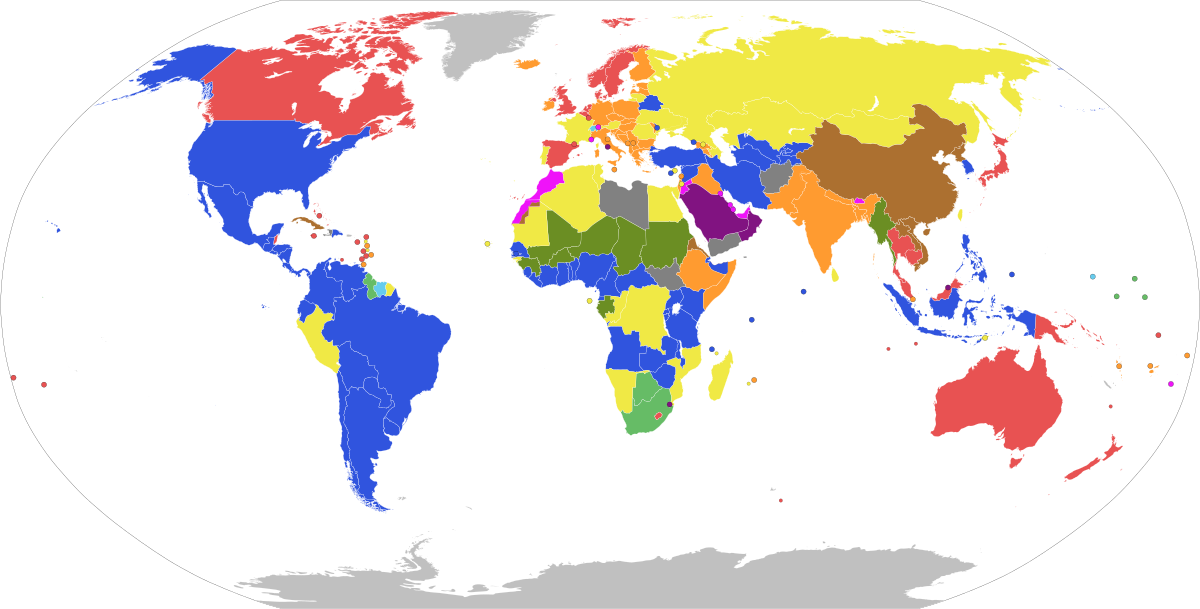ESay
Gold Member
- Mar 14, 2015
- 8,564
- 1,818
- 140
But as I understand from your previous explanations, your perception of a parliamentary monarchy differs from a basic feature of this concept. A parliamentary monarchy means the monarch has only a ceremonial role without real power.Yes of course, any political system, state form, can be incorporated with a Parliamentary Monarchy, that's the beauty of it, in its flexibility - it is essentially Liberal.
However, I was suggesting a more extreme Democratic experiment,
as a starting point, to fully explore its Liberal boundaries,
by allowing more Direct Democracy in local legislation.
I want Ben-Gvir in the same parliament
with Ismail Hanniyeh, if he survives...
the legal, and electoral threshold.
That's the real political discussion...prevented by guns.
And Ben Gvir would understand what I say, and what to say.



